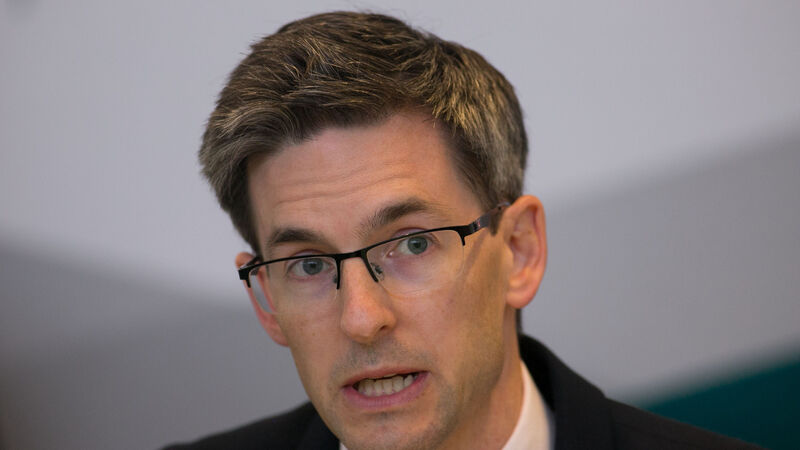Ronan Glynn: Covid-19 cases will rise unless discretionary social meetings cut out

The acting chief medical officer Dr Ronan Glynn has said that what is “more important than anything” in the fight against coronavirus is that someone with symptoms “comes forward immediately and gets a test”.
“That is how we will control the disease,” he said.













